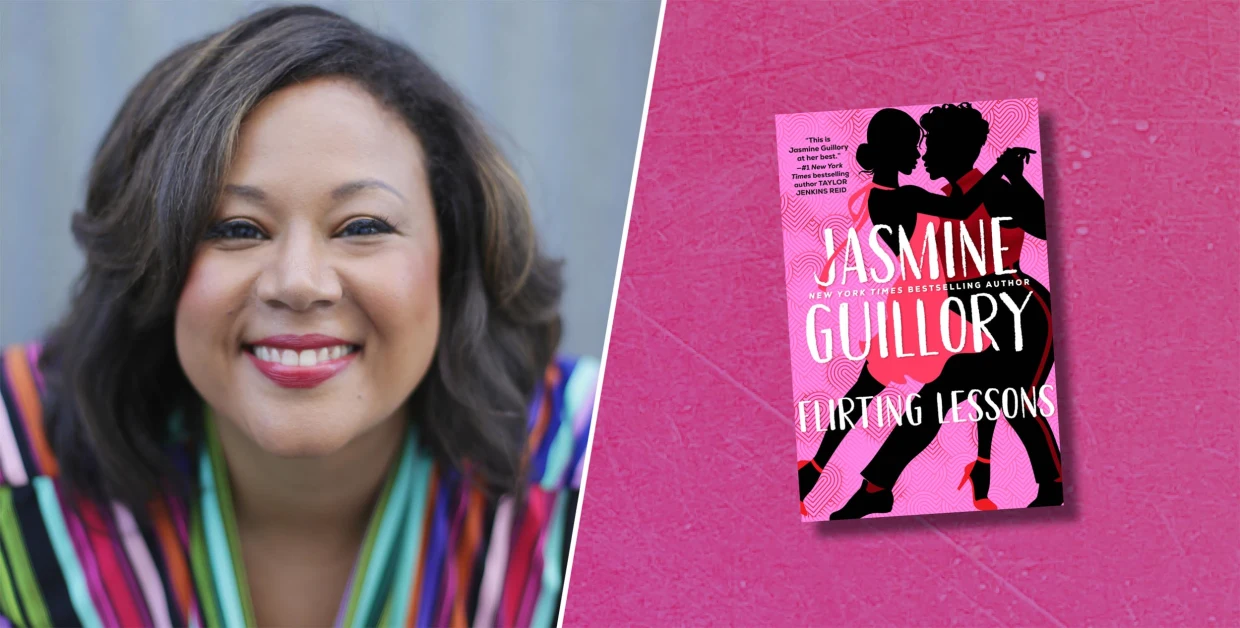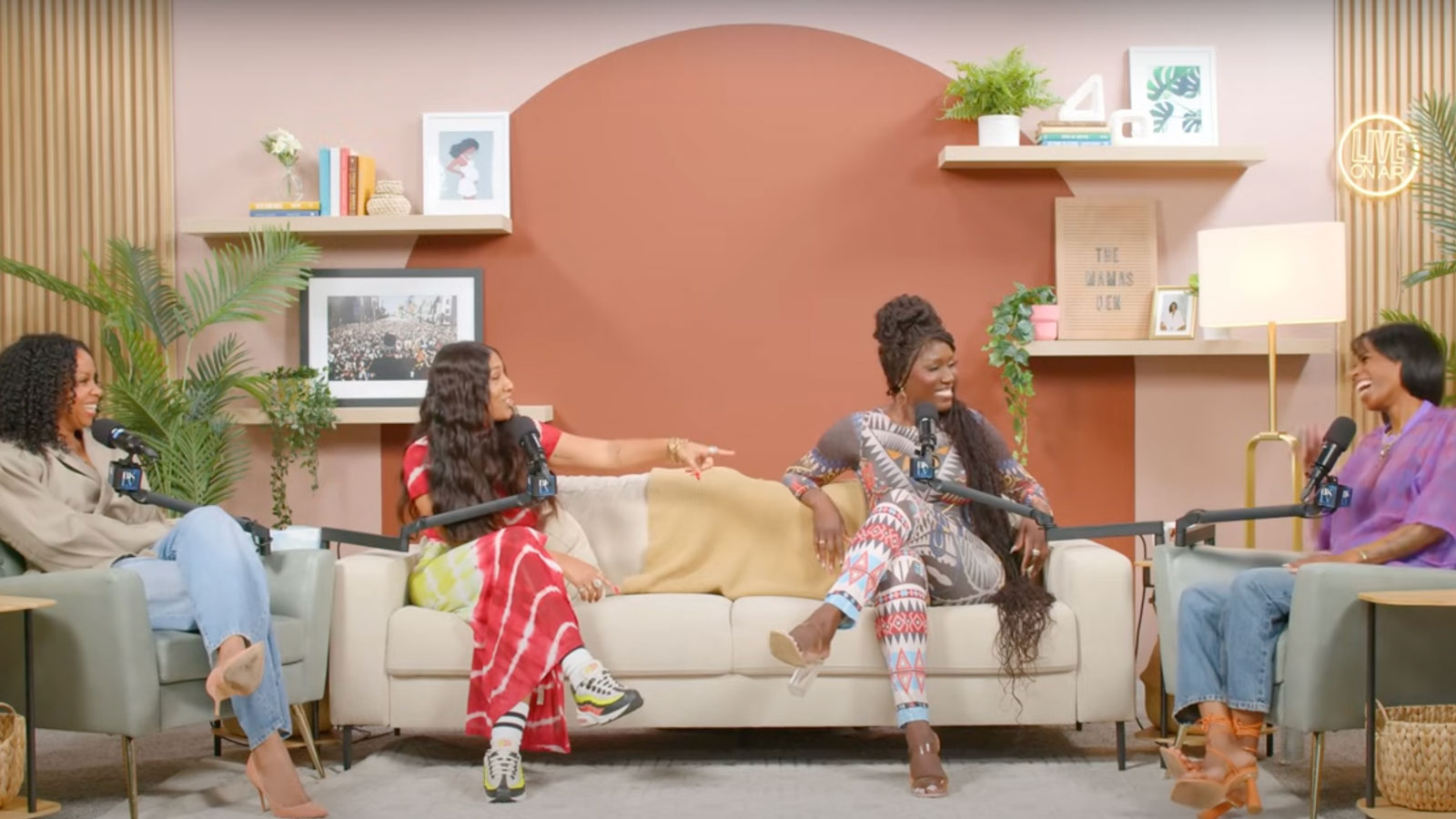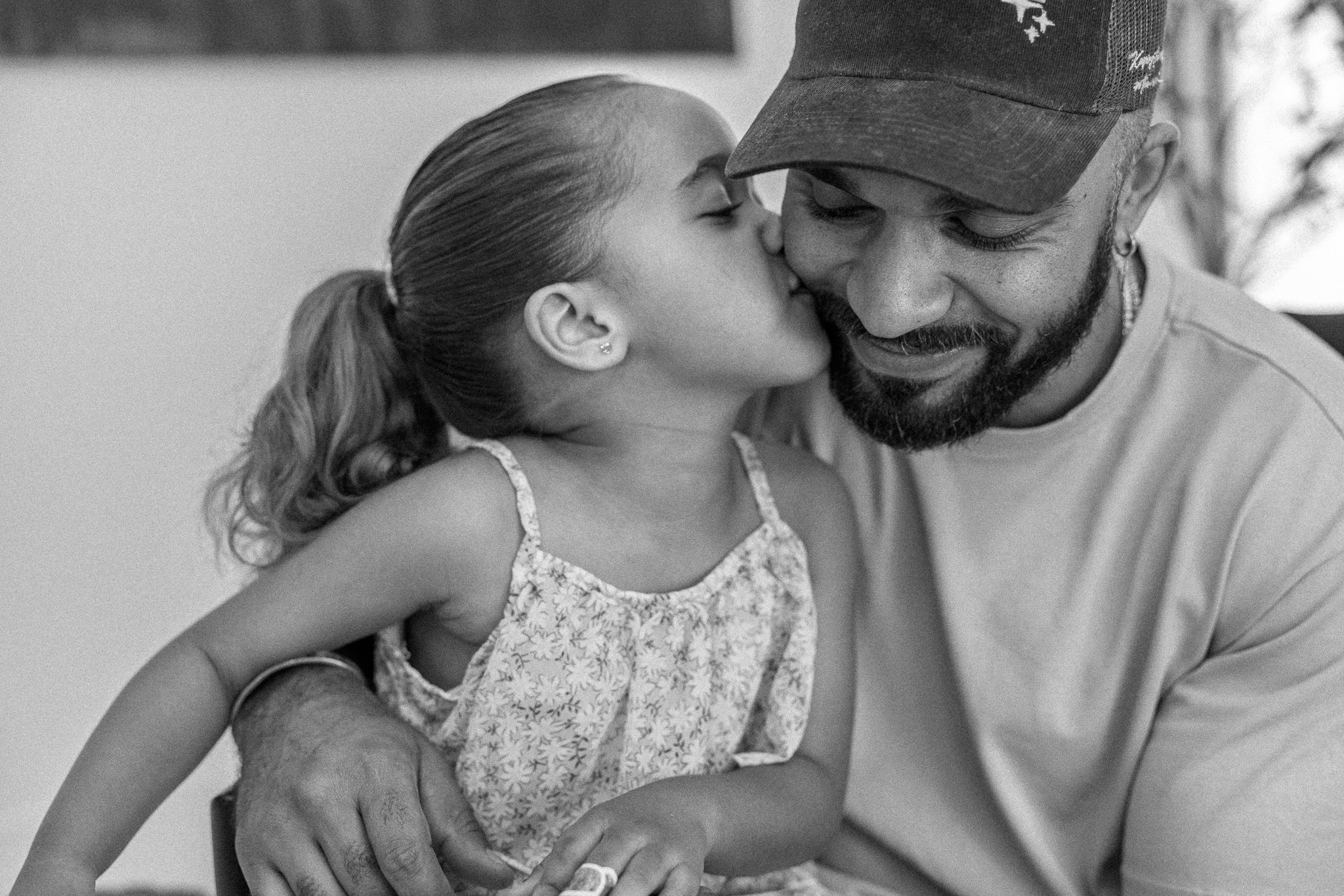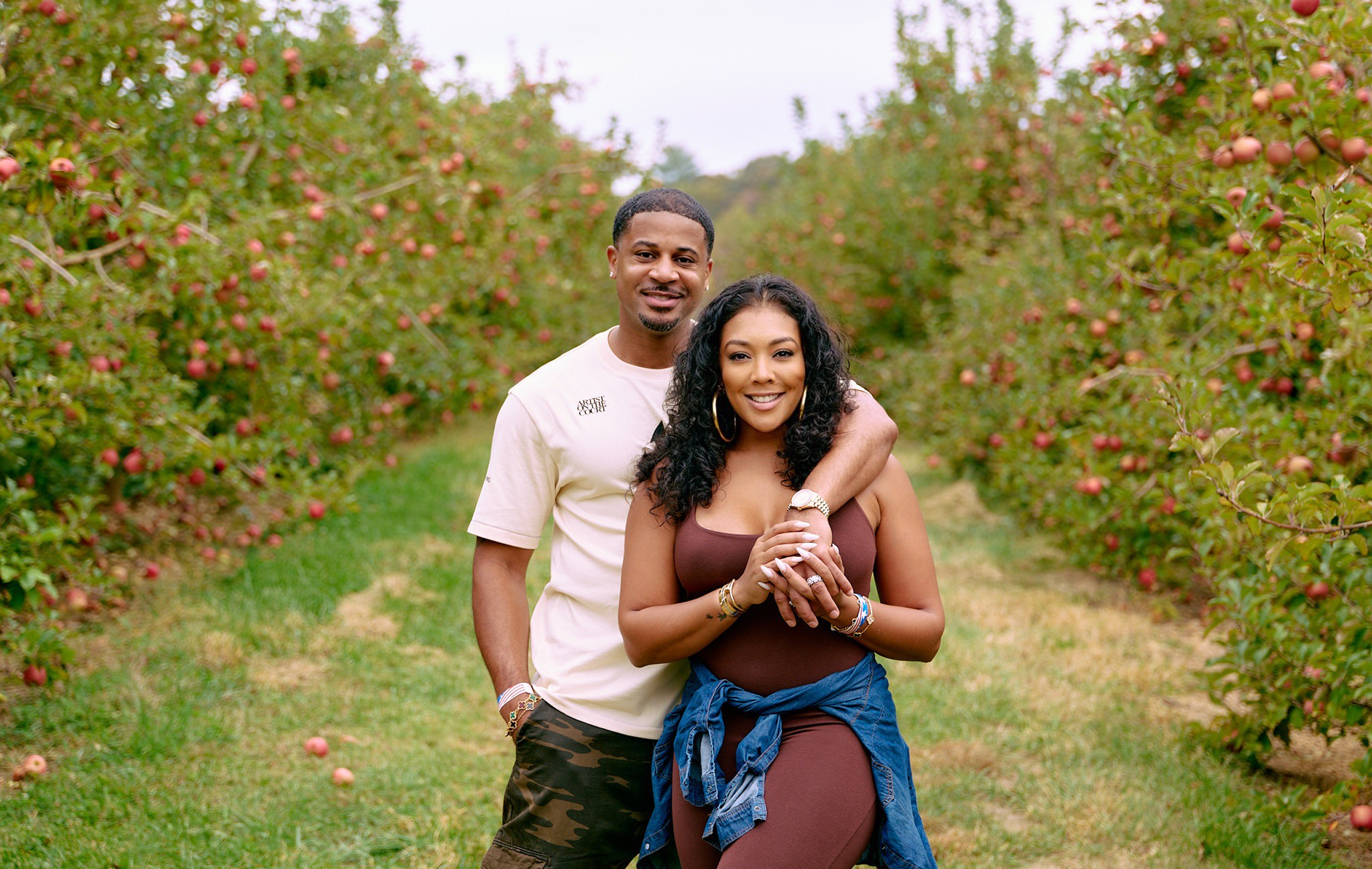
Going From an Abused Child to a Strong Mother_Black Love
Photo Courtesy of Veronika Obeng
I was parenting out of fear, but I didn’t know why. Then, I learned about my ACEs.
I ran across the term ACE the other day while reading. “Adverse Childhood Experiences (ACE)” is a term I wasn’t all too familiar with. At first, I laughed and thought my entire childhood was an adverse childhood experience. As an 80’s baby, I definitely feel I was among the last generation to get the hell beat out of me for any offense, and no one raised an eyebrow. Then, I kept reading. And reading. And I had this incredible moment of recognition that laughter was a way to cope with my own ACEs, and that my parenting has been shaped indelibly by my adverse experiences as a child. It feels vulnerable and too honest to admit that I was abused as a child, and it has impacted my journey as a mother.
The Substance Abuse and Mental Health Services Administration (SAMHSA) describe adverse childhood experiences as “stressful or traumatic events, including abuse and neglect. They may also include household dysfunction such as witnessing domestic violence or growing up with family members who have substance use disorders.”
They go on to say,
“ACEs are strongly related to the development and prevalence of a wide range of health problems throughout a person’s lifespan.” ACEs can affect one’s entire life. And for me, I have seen how it has impacted my parenting journey.
I speak to my closest sister on a constant basis. We laugh about certain childhood traumas and wrap events into adult wit, explanation, and dismissiveness. We talked as therapy even when we didn’t recognize talking was therapy. We found coping tools to step around real traumas – traumas that are very close to the surface, that both my sister and I didn’t want to pass on to our children. We are both what most would consider financially successful, so it would seem we out ran and left behind that tiny dusty town in eastern Oklahoma and everything bad that happened while we were kids. I know, however, that, until recently, I parented based on keeping my children from having my experiences of neglect and poverty.
I’m a helicopter mom that probably over-does even the simple things. Not too deep down, I was, and have always been, terrified that someone or something would hurt my child or give them negative experiences. I always held dear the notion that everything I was doing or not doing was going to be a memory in my child’s mind that might stay with them long after it was over. Down to the way I decorated their rooms, I kept in my mind that this room would be the room of their childhood memories. I didn’t want it to be less than a great memory.
My own memories of a child growing up in poverty were a crowded home with little to no space to call my own. We were spanked – what most people today would call “beaten” – for any-and-everything. We were yelled at, cursed at. Home didn’t feel like a place of consistent safety. This isn’t meant to disparage my parents. As I’ve grown, sought the help I needed, and reflected on my parents as people, not just parents, I have grown to see that they were doing their best with the tools they were given. However, as a mother, my number one goal became saving my children from suffering adverse experiences – in whatever form they might come. I didn’t trust them attending sleepovers. I didn’t trust people spending the night in my home with my children. And I didn’t trust even my own marriage to provide love and balance to my children. This was all based on my ACEs.
I didn’t know it, but because of my own adverse childhood experiences, I was parenting out of fear.
I spoiled my children rotten in an effort to heal that I never had anything growing up. I indulged my children’s every whim as if it was a necessity. I grew up with one pair of ragged shoes, so my children had more shoes than I could count. I could go on forever. I carried the household chores of a grown up at ten, so I rarely burdened my children with chores or the hard work they need to learn to be functional adults. I defended my children from every perceived threat, I was overly sensitive, way too defensive and hyper-overprotective over EVERYTHING. I literally had a mental quota of holding my kids and giving them one-on-one attention so I never felt like I was accidentally neglecting them or our relationship. I never wanted my children to need closure and answers to their childhood like I did.
Parents die, as mine have, and I will never be able to ask as an adult, why? I can also never ask, how? How do I do this job of motherhood? Maybe more importantly, I was scared for a long time that some of my parents’ deepest flaws were inside of me, and that somehow, against my will, I would become them, or repeat their mistakes.
But I also knew that parenting with shame and fear was not the way. I have learned that shame is a controlling demon and a heavy burden. And one way to loosen its grasp is to talk. Talk to your family, to your friends, and seek therapy if need be. Knowledge is power. I began to recognize why I parent the way I do, both good and bad. I overcompensate. I overindulge. I insulate and I hover. I see that I’m capable of harming my children with suffocation. I was raised by an alcoholic father and a mother who suffered from chronic depression. It made me keenly independent. I certainly don’t want those traumas for my babies, but I don’t want to render them impotent to adult life because of overcompensation. Therapy has helped me to realize when I lack balance and to remove shame from my personal ACEs.
Once I took a step back and started examining my parenting, I was able to see the good I was doing.
I speak very openly and honestly with my children. No subject is taboo. We talk about sex and their bodies and their wants, needs, and desires. Because of this, they are very comfortable coming to me when they need anything. I shower them with words of encouragement and affection. I work to see each of my children for who they are and nurture their natural gifts
and interest. I try to expose them to as many experiences as possible. As much as I hover and indulge, my children are gracious and well-behaved.
They are excelling in their own right. In examining my parenting, I was able to find the balance I needed to move forth out of logic, love, and optimism.
My last lesson to share, based on what I lived, is to NEVER, EVER let someone guilt you concerning your ACEs. According to the Center for Disease Control and Prevention (CDC), one in every four children suffers or has suffered from some sort of abuse or neglect. This means two things. My childhood was not unique, and many formerly abused children are now adults attempting to be balanced, decent parents that make sure their children aren’t among the above heartbreaking statistic.
As I healed, I let go of shame, and I began to talk about my ACEs. Later, a once trusted confidant attempted to shame me and to make me feel guilty about my truths. Those are not my burdens to carry. Children are not in control. Don’t ever let someone assign blame to you where there is no blame. I was told outright by this same person I was a bad mom because I couldn’t have learned any different based on my childhood. I rebuke this lie in the name of Jesus. We can, we must, and we do overcome the past to become amazing parents after even the worst childhood experiences.
May light and love guide and heal you so that we all raise children that never need healing.
To learn more about ACES, please visit: https://www.samhsa.gov/capt/practicing-effective-prevention/prevention-behavioral-health/adverse-childhood-experiences
Related Articles
Discover why Jasmine Guillory’s latest novel Flirting Lessons is a must-read—and how the author continues to redefine modern romance with layered Black heroines, real emotional depth, and Black literature that feel both magical and true.
Bozoma Saint John talks Black motherhood, grief, self-love, and finding joy again. Don’t miss her powerful conversation on building legacy and living boldly.
Tyler Lepley shows the beauty of Black fatherhood, blended family life with Miracle Watts, & raising his three children in this Father Noir spotlight.
Featured Articles
When Elitia and Cullen Mattox found each other, they decided that they wanted their new relationship together, their union, to be healthier and different.
Celebrate their marriage and partnership with the release of the documentary “Time II: Unfinished Business”
The vision for our engagement shoot was to celebrate ourselves as a Young Power Couple with an upcoming wedding, celebrating our five year anniversary - glammed up and taking over New York.
Our intent is to share love so that people can see, like love really conquers everything. Topics like marriage and finance, Black relationships and parenting.
Meagan Good and DeVon Franklin’s new relationships are a testament to healing, growth, and the belief that love can find you again when you least expect it.
HEY CHI-TOWN, who’s hungry?! In honor of #BlackBusinessMonth, we teamed up with @eatokratheapp, a Black-owned app designed to connect you with some of the best #BlackOwnedRestaurants in YOUR city – and this week, we’re highlighting some of Chicago’s best!












